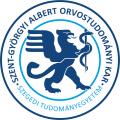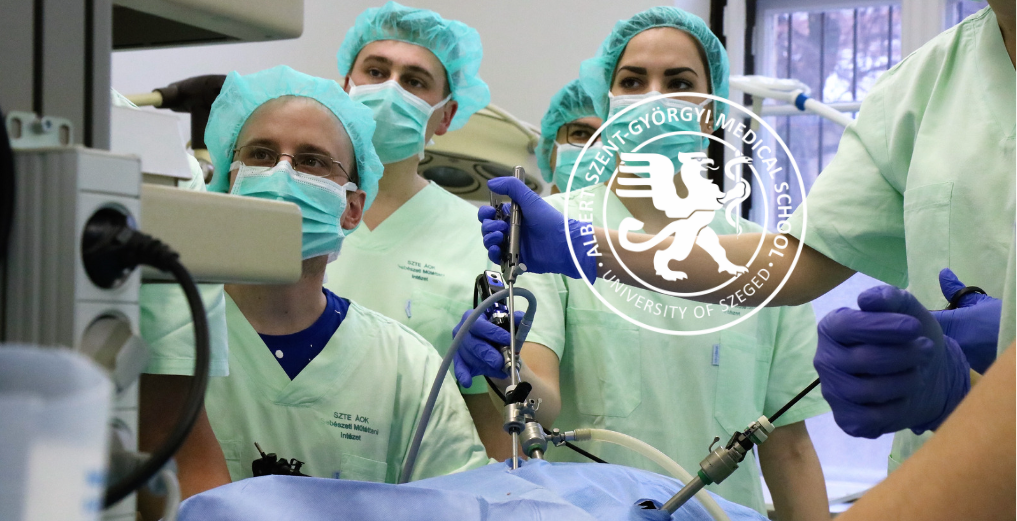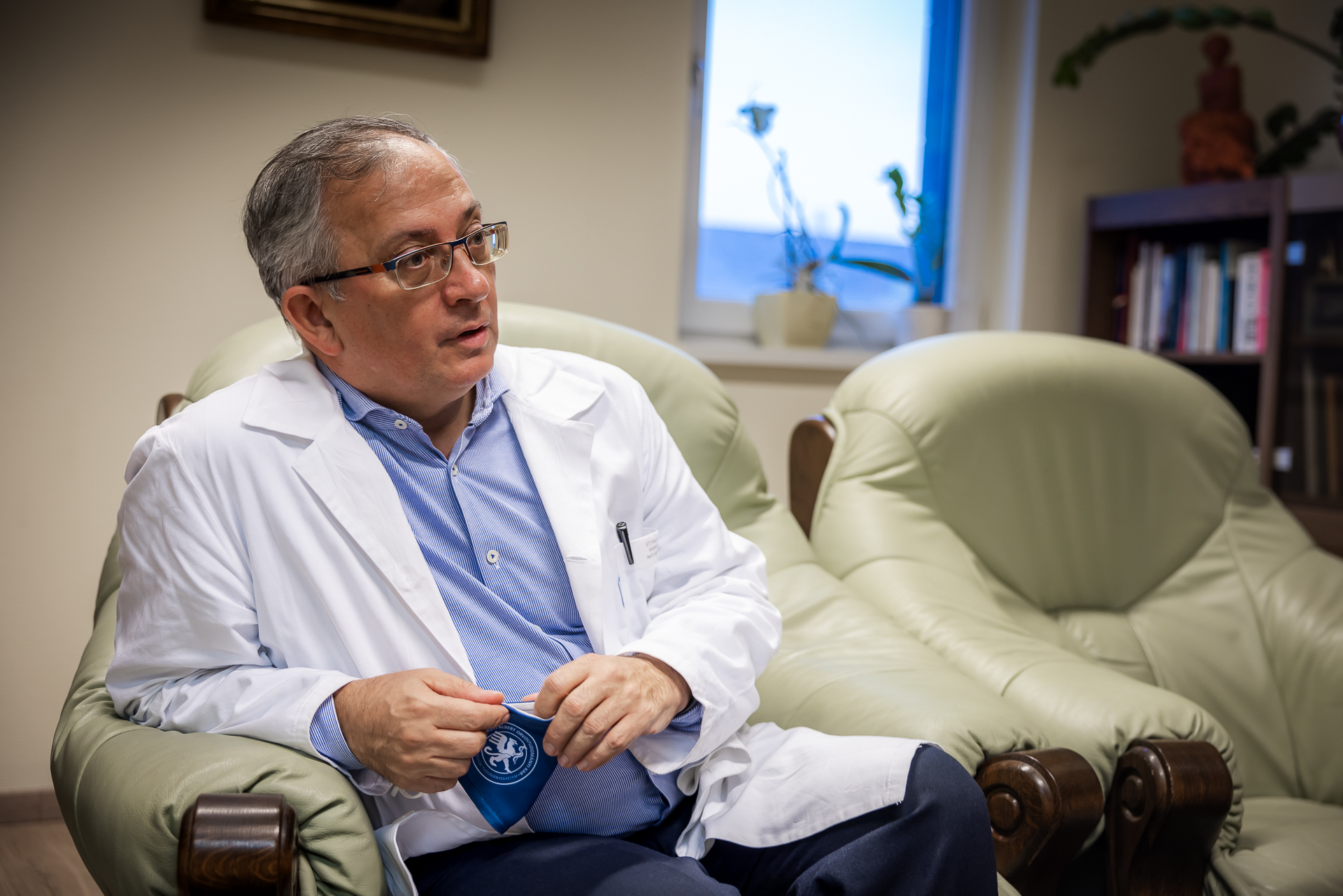Teaching Programs
Pathophysiology lectures, practices and seminars for medical, dental and pharmacy students.
Main objectives:
Pathophysiology intends to present a way of thinking of disease and provides a matrix upon which the student's broader clinical experience will develop.
Well-defined mechanisms of normal human functions are discussed before starting studying the role of the mechanism in achieving homeostasis, and how, when a disease ensues, and the regulation of these mechanisms.
Lectures, seminars and practical classes - in small groups - are made more informative by slides, transparencies and technical equipments, and are dealing with the altered regulatory mechanisms in diseases.
The lectures concentrate on several topics:
Mechanism of acute and chronic inflammation is discussed including local and general changes.
Immunology includes humoral and cellular immunity, in-vivo allergic reactions, primary and secondary immunodeficiency diseases, autoimmune diseases and manipulating the immune system: transplantation and tumors.
Endocrinology deals with primary and secondary endocrine disorders, hypothalamo-hypophyseal dysfunctions, diseases of growth, thyroid, parathyroid and adrenal gland diseases, and female and male reproductive tract.
Disorders of metabolism include metabolic syndrome, diabetes mellitus, hyperlipoproteinemias and obesity.
The disorders of cardiovascular system include the acute and chronic cardiac failures, acute coronary syndromes, congenital heart diseases, arteriosclerosis, hypertension and shock.
Salt-water homeostasis under various pathophysiological conditions including development of edemas, SIADH, diabetes insipidus
Disorders of the kidney and urinary tract are dealing with acute and chronic renal failures, immunopathogenetic mechanisms of renal injury, glomerulopathies, nephrolithiasis, urinary tract obstruction and disorders of fluid and electrolyte metabolism.
The respiratory system diseases include disturbances of respiratory function, major obstructive or restrictive disorders: emphysema and atelectasis, pneumothorax, bronchial asthma, and adult respiratory distress syndrome. The next topic is dealing with disturbances of acid-base balance.
The hemopoietic system dealing with the pathophysiology of anemias, disorders of hemoglobin, myeloproliferative diseases, leukemias, and disorders of the platelet and vessel-wall and coagulation.
One section deals with disorders of the gastrointestinal tract, peptic ulcer, gastric tumors, and disorders of absorption, inflammatory bowel diseases, acute intestinal obstruction, acute and chronic pancreatitis.
Hepato-biliary diseases include disturbances of bilirubin metabolism, acute and chronic hepatitis, cirrhosis, infiltrative and metabolic diseases of liver, malfunction of gallbladder and bile ducts.
Disorders of the CNS: basic mechanism of pain, inflammatory and neurodegenerative diseases, stroke, cerebral edema and seizures
For medical students ECG classes are provided during seminars. Main purpose of the ECG classes: Thorough understanding of basic electrocardiography and those clinically relevant pathophysiological conditions whose knowledge is indispensable for acquiring other preclinical disciplines.
The practices on electrocardiography are dealing with basics of ECG, development of arrhythmias, atrial fibrillation, flutter, AV blocks, bundle branch blocks, electrolyte disturbances and the heart, abnormalities of depolarization and repolarization, hypertrophies, ventricular premature complexes, and WPW-syndrome.
For medical students: Colloquium = end-semester oral examination with credits and numerical (1-5) grades. Final, comprehensive oral examinations with credits and numerical (1-5) grades.
For students of dentistry and pharmacy: fall and spring end-semester written examination with credits and numerical (1-5) grades .





